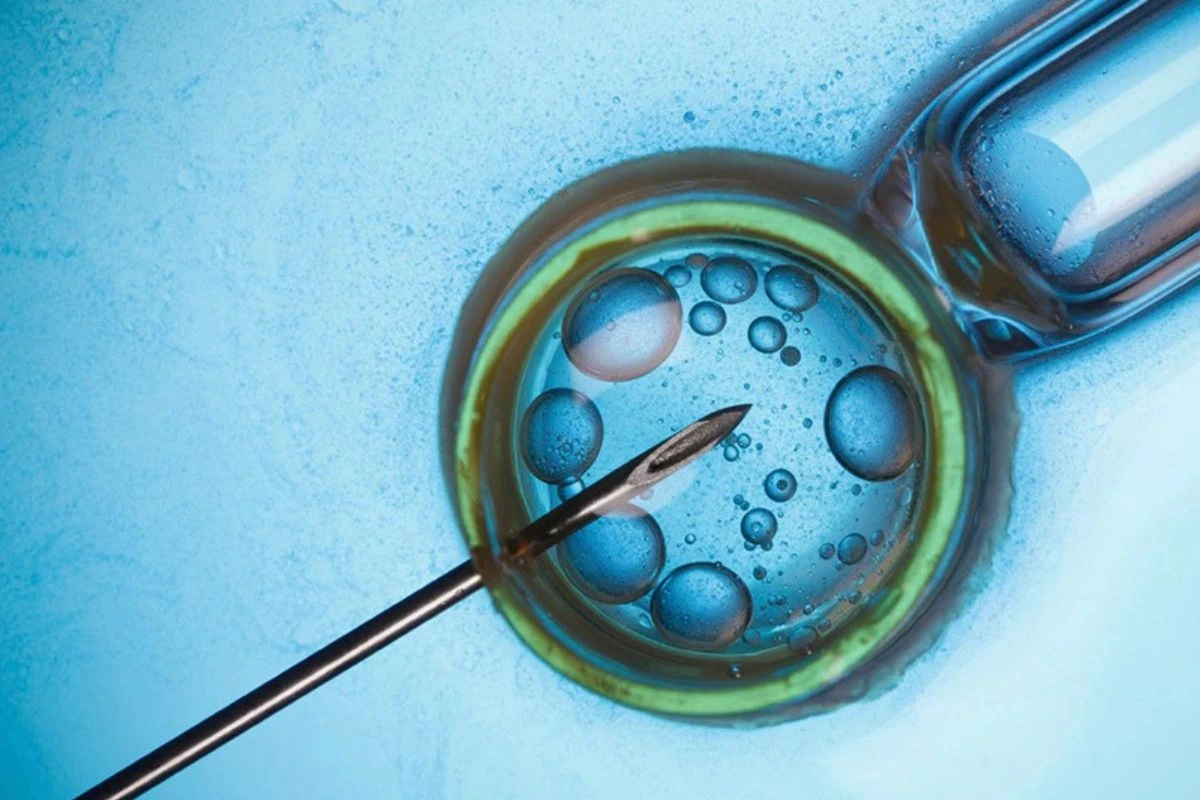How to Determine Egg Quality in IVF?

The success of in vitro fertilization (IVF) largely depends on the quality of the eggs retrieved from the ovaries. Egg quality plays a pivotal role in embryo development, implantation, and ultimately, a healthy pregnancy. Understanding how egg quality is determined is vital for individuals undergoing IVF treatment. For those seeking fertility care, consulting the Best IVF centres in Kenya ensures access to advanced diagnostics and personalized treatment strategies for improving egg quality and increasing the chances of success.
Understanding Egg Quality
Egg quality refers to the health and viability of an egg, which affects its ability to be fertilized and develop into a healthy embryo. High-quality eggs have the proper chromosomal structure, ensuring normal embryonic development. Conversely, poor-quality eggs may have chromosomal abnormalities, making them less likely to fertilize or resulting in miscarriage.
Egg quality naturally declines with age, particularly after the mid-30s, due to reduced ovarian reserve and increased likelihood of chromosomal anomalies. However, egg quality isn’t solely age-dependent; lifestyle, genetics, and medical conditions also influence it.
Methods to Determine Egg Quality in IVF
1. Antral Follicle Count (AFC)
Antral Follicle Count is a key method to estimate ovarian reserve and potential egg yield in an IVF cycle. During this test, a transvaginal ultrasound measures the number of small follicles in the ovaries, each potentially containing an egg. A higher AFC indicates a greater likelihood of retrieving multiple eggs, although it doesn’t directly reflect their quality. It is an essential assessment tool used by fertility specialists to plan stimulation protocols and improve the chances of IVF success.
2. Anti-Müllerian Hormone (AMH) Test
The AMH test measures the hormone levels secreted by ovarian follicles, providing a reliable indicator of ovarian reserve. Conducted via a blood sample, this test helps estimate the number of eggs a woman may produce during an IVF cycle. While AMH levels do not directly assess egg quality, they are vital for predicting ovarian response and tailoring treatment plans.
3. Hormonal Testing
Hormonal testing evaluates key reproductive hormones, such as follicle-stimulating hormone (FSH), luteinizing hormone (LH), and estradiol, typically conducted on the second or third day of the menstrual cycle. Elevated FSH levels can indicate diminished ovarian reserve, while estradiol levels help validate the results. These tests provide critical insights into ovarian function and the potential success of IVF cycles, helping specialists refine treatment strategies.
4. Ultrasound Imaging
Ultrasound imaging plays a crucial role in assessing ovarian health and follicular development. This non-invasive procedure visualizes the size, shape, and number of developing follicles, as well as detects abnormalities such as cysts or fibroids that could impact egg quality. Ultrasounds are integral throughout the IVF process, ensuring precise monitoring of ovarian stimulation and optimal timing for egg retrieval.
5. Egg Morphology
Egg morphology refers to the physical appearance of eggs under a microscope, observed after retrieval. Fertility specialists assess factors such as shape, cytoplasmic texture, and maturity to determine the likelihood of successful fertilization. While not all irregularly shaped eggs are non-viable, those with optimal morphology are more likely to develop into healthy embryos, highlighting the importance of this evaluation during IVF.
6. Chromosomal Testing
Chromosomal testing, including preimplantation genetic testing for aneuploidy (PGT-A), evaluates the chromosomal status of embryos derived from eggs. Although this test directly examines embryos, it indirectly reflects egg quality. Chromosomally normal embryos are more likely to implant successfully and result in a healthy pregnancy. Many best IVF centres in Kenya offer this advanced diagnostic tool to enhance the chances of IVF success.
7. Fertilization Rate
The fertilization rate measures the percentage of eggs successfully fertilized during IVF. High fertilization rates indicate better egg quality and embryo viability. Embryologists closely monitor embryo development, grading them based on morphology and growth, which indirectly reflects the underlying egg quality. This metric is essential for predicting IVF outcomes and guiding subsequent treatment decisions.
Factors Influencing Egg Quality
Egg quality is affected by a combination of factors, including:
-
Age: The most significant determinant of egg quality. Women under 35 typically have higher-quality eggs compared to older women.
-
Lifestyle Choices: Smoking, excessive alcohol consumption, poor diet, and lack of exercise negatively impact egg quality.
-
Medical Conditions: Endometriosis, polycystic ovary syndrome (PCOS), and hormonal imbalances can affect egg viability.
-
Environmental Factors: Exposure to toxins and high levels of stress can also reduce egg quality.
Conclusion
Determining egg quality is critical in the IVF process, as it directly impacts fertilization, embryo development, and pregnancy success. Methods like AFC, AMH testing, egg morphology assessment, and chromosomal analysis provide valuable insights into egg health, guiding fertility specialists in creating effective treatment plans. By seeking care at the best IVF centres in Kenya, patients can benefit from advanced diagnostics, expert guidance, and comprehensive support, paving the way for a successful IVF journey. With the right approach and professional care, achieving the dream of parenthood becomes a closer reality
